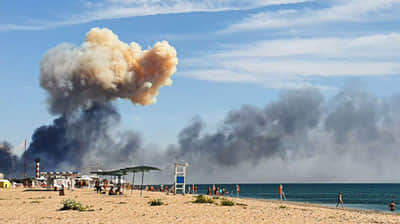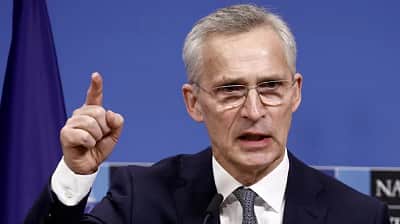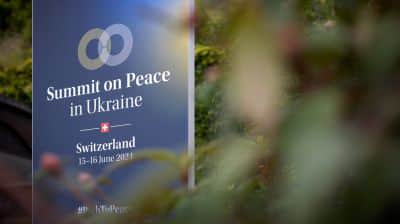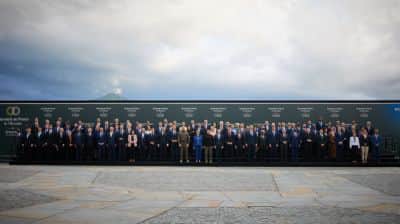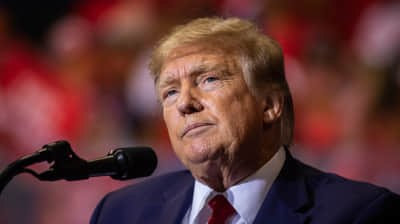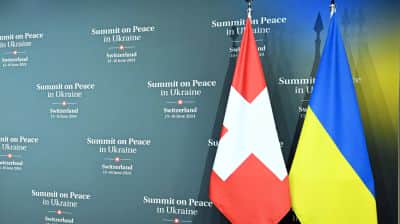Discussions on Vilnius Summit and Ukraine intensified among NATO countries – Washington Post
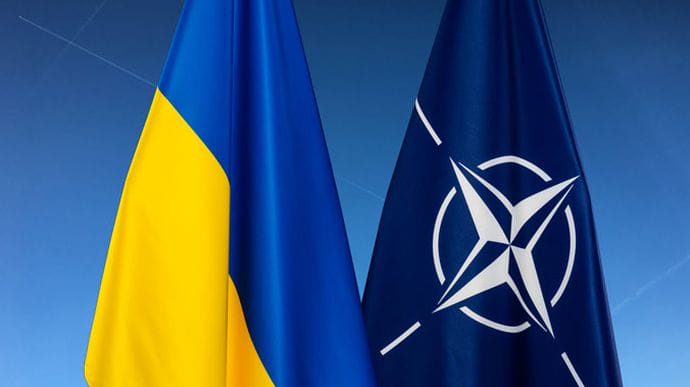
There is a consensus among the 31 NATO members that the Alliance will not grant Ukraine an official invitation to join the summit on 11-12 July, but there are differences of opinion among member countries on specific steps for Ukraine's integration into NATO.
Source: The Washington Post, citing representatives of NATO countries who spoke on condition of anonymity
Details: According to the publication, discussions on Ukraine among the Allies intensified a few weeks before US President Joe Biden and other NATO leaders shall gather in Vilnius to approve plans to strengthen defence against Russia.
Officials from NATO nations, many of whom spoke on the condition of anonymity to detail sensitive diplomatic discussions, said there is consensus among the alliance’s 31 members that, despite advocacy from Kyiv, NATO will not issue Ukraine a formal invitation to join at the 11-12 July meeting.
But Eastern European nations are pushing for concrete steps toward that goal, including potential commitment to a timeline for Ukraine’s accession, even as the United States and some Western European nations advocate smaller steps that could include a bureaucratic upgrade to a NATO-Ukraine body or a decision to further expand NATO’s technical support to Ukraine’s defence sector.
A high-ranking official of the Ministry of Defense of Estonia, Tuuli Duneton, noted that the Vilnius summit gives an opportunity to send a powerful signal to Ukraine: "After all the suffering they experienced, their place is in NATO, and we will be glad to see them there."
Officials in the Baltic states have proposed that NATO - in addition to repeating the 2008 formula that would see Ukraine gain membership indefinitely - grant Ukraine a formal invitation to membership in Vilnius or begin the process of setting a time frame and specific conditions for Ukraine's accession, even if it were longer because of the war.
Foreign Minister of the Czech Republic, Jan Lipavsky, in Central Europe, said his "wish list" for Vilnius includes "providing a relevant path" for Ukraine into NATO. What is being discussed ahead of the summit, he said, is "the level of political will" about how quickly to proceed.
Countries that support faster action argue that making membership conditional on Ukraine’s ability to repel Russia’s full-scale invasion effectively gives Putin a veto — not the message NATO wants to send.
They say history shows that only membership, not the promise of it, can deter Russia’s use of force. Months after NATO’s 2008 declaration of eventual accession for Ukraine and Georgia, another former Soviet republic, Putin sent Russian forces into Georgia to seize territory. Ukraine’s slow steps toward NATO accession likewise did not deter Putin’s illegal seizure of Crimea in 2014 or its full-scale invasion last year.
U.S. officials say the Biden administration prefers that NATO nations prioritise providing Ukraine with continued battlefield support as it prepares for a long-awaited counteroffensive. They see membership and potential security guarantees as matters that should be addressed as part of an eventual settlement to the war.
"The focus at this point has to be on practical support, and how do we best sustain the security assistance that we are providing Ukraine," a senior U.S. official told reporters in Brussels last month.
"That is the overriding political objective right now," the official added, contending that the broader political relationship post-conflict between NATO and Ukraine would be "somewhat moot if we don’t absolutely guarantee that we’re able to sustain the security assistance."
Countries with stronger reservations point out that admitting Ukraine while it is at war with Russia could automatically trigger Article V, NATO’s mutual defence clause, which would thrust the alliance into a major conflict with the world’s biggest nuclear power. Rapid steps toward accession might also cause Putin to escalate his campaign in Ukraine.
One official from Eastern Europe said there is "something of a ping-pong between Germany, France and the U.S.," in which each country indicates that the others are the ones with the most significant reservations.
Despite the differing views, officials have stressed the importance of projecting cohesion as Ukraine attempts to put itself in the strongest position possible for potential negotiations with Russia.
"The objective between now and Vilnius is getting to an agreement that displays unity and tangible support to Ukraine, maintains the open-door policy and shows progress toward membership, while respecting the concerns of some member countries," a British diplomat said.
Journalists fight on their own frontline. Support Ukrainska Pravda or become our patron!
